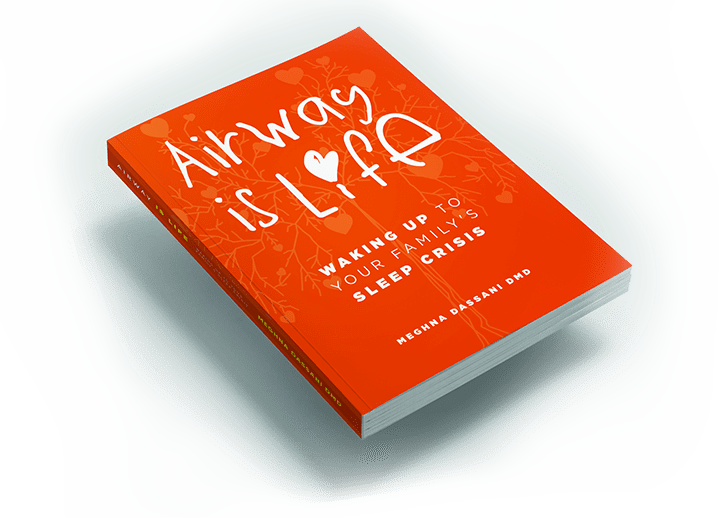Restless nights, solitary days – The link between insomnia and loneliness among older adults
As you age, your sleep patterns change. It’s not uncommon for older adults to experience difficulties falling asleep or staying asleep.
A significant contributor to these sleep disturbances, which is often overlooked, is loneliness.
Loneliness can profoundly impact sleep quality in older adults. And understanding this link helps promote better health in the aging population.
What is loneliness?
Loneliness is often described as the emotional state of feeling disconnected from others. It’s a complex response to the discrepancy between a person’s desired and actual social relationships. Loneliness is a widespread issue among older adults. It frequently goes hand in hand with social isolation, the physical separation from social networks.
A variety of factors can trigger feelings of loneliness. These factors include the loss of a spouse or close friends, retirement, or a decrease in social activities.
What is insomnia?
Insomnia, on the other hand, is a common sleep disorder characterized by difficulties in falling asleep, staying asleep, or getting restorative sleep. Insomnia can lead to daytime fatigue, mood disturbances, and a decline in a person’s quality of life.
Insomnia is a complex issue with many contributing factors. And loneliness has been identified as a significant one of those factors.
The connection between loneliness and insomnia
Research shows a connection between loneliness and insomnia symptoms in older adults. A study from the New York University Rory Meyers College of Nursing and Duke University School of Nursing looked at a group of 9,430 adults aged 50 and older.
To measure how lonely participants felt, the researchers used Septoe’s Social Isolation Index and a revised UCLA Loneliness Scale. Researchers asked participants to gauge how well they related to a series of statements such as “I feel left out” and “I have no one to talk to.”
The researchers found that feelings of loneliness could provoke insomnia symptoms through several channels, including…
- Stress
- Anxiety
- Heightened vigilance
How does loneliness impact sleep?
Several mechanisms contribute to the relationship between loneliness and insomnia:
Rumination and worry
Lonely people often engage in more rumination and worry about their social relationships. This can lead to racing thoughts and increased cognitive arousal. And this mental activity can make it challenging to relax and fall asleep.
Hyperarousal
Loneliness can trigger a state of hyperarousal, characterized by increased physiological and psychological activation. This state can disrupt the natural progression from wakefulness to sleep.
Lack of social support
A strong social support system is important for managing stress and emotional well-being. Loneliness can deprive people of these essential sources of comfort, making them more vulnerable to sleep disturbances.
Depression and anxiety
Loneliness often coexists with symptoms of depression and anxiety, both of which can interfere with sleep patterns.
Health consequences
Loneliness has been linked to various health issues, including chronic conditions such as cardiovascular disease, diabetes, and obesity, all of which can affect sleep quality.
How to feel less lonely
Recognizing the link between insomnia and loneliness in older adults is important so people can address the root cause of their sleep disturbances and get the rest they need.
Here are some helpful strategies to reduce feelings of loneliness:
Encourage social engagement
Encourage older adults to stay socially engaged. Joining clubs, volunteering, or participating in group activities can combat loneliness and promote better sleep.
Try Cognitive Behavioral Therapy for Insomnia (CBT-I)
CBT-I is an effective treatment for insomnia that focuses on changing thoughts and behaviors related to sleep. It can be particularly helpful for people dealing with insomnia caused by loneliness.
Practice mindfulness and relaxation techniques
Practicing mindfulness and relaxation exercises, like yoga and deep breathing, can reduce cognitive arousal and improve sleep quality.
Seek out supportive communities
Creating supportive communities and networks for older adults can be instrumental in reducing loneliness and its associated sleep issues. If either travel or mobility are issues, these communities can be technology-based. People can connect with friends and family through Facetime or video chat. Interventions via AI-powered companion robots can also be effective.
The link between insomnia and loneliness in older adults deserves attention. As our society continues to age, it’s important to implement strategies to reverse the negative effects of loneliness. By addressing the emotional and social aspects of aging, we can promote better sleep, mental health, and quality of life for our older population.
Dr. Meghna Dassani has practiced dentistry for over two decades and is passionate about the role dentists play in whole-body health. You can learn more at her website: MeghnaDassani.com.
Healthy Sleep Revolution Podcast
Snoring? Tired all day? Trouble focusing?
So many think these symptoms are common in kids and adults when tired. Join us as we debunk some of these common myths and put the spotlight on Sleep Apnea. Discover what constitutes healthy sleep and how we can help ourselves and our kids get the best sleep ever.


